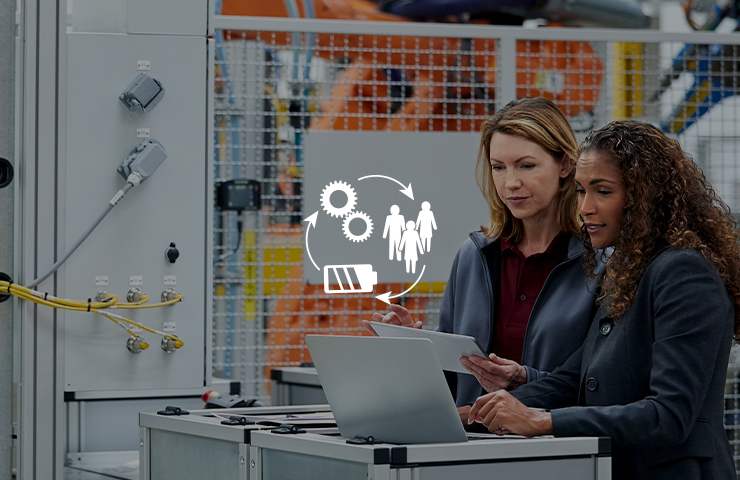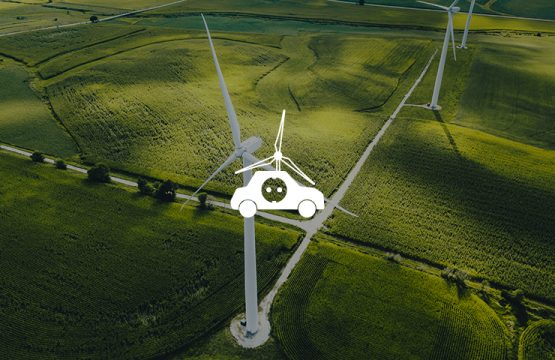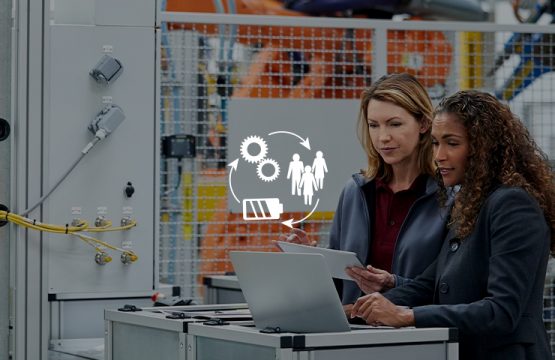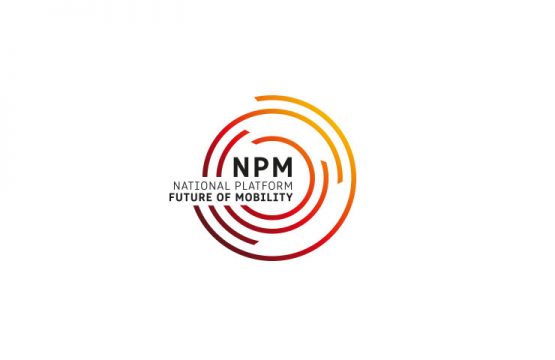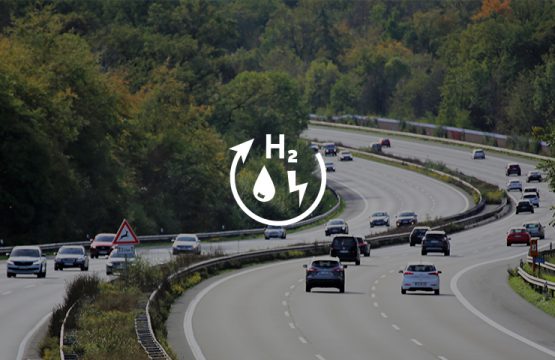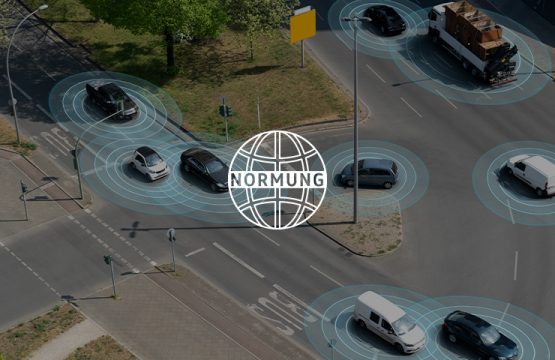In the mobility sector, digitalisation and the development of electric mobility mean a reorientation of the automotive value chain. Working Group (WG) 4 of the National Platform Future of Mobility researches und assesses the effects of this development on Germany as a production and mobility location. The report published today analyses the competitiveness of the German and European industries in three important value networks: lithium-ion battery cells, power electronics and combustion engines. The report also shows important areas for improvement.
In light of national climate goals and more and more stringent CO2 regulation at EU-level, forecasts for the future use of electromobility expect the market share of conventional drives to go down, giving way to hybrid and electric drivetrains. These developments mean a shift of the key components in vehicle production and in upstream industries towards different, or even new value networks.
“The success and the economic performance of the automotive industry will largely depend on whether or not the modules and components for the new drives can be manufactured within Europe on an industrial scale. This applies in particular to basic technologies such as the production of batteries. For this report, we investigated the value networks lithium-ion battery cells, power electronics and internal combustion engines. In view of the transformation of the mobility system, all three concepts are essential in order to ensure competitiveness in particular vis-à-vis Asian producers and hence to secure jobs at German and European mobility and production sites”, reiterates Jörg Hofmann, chairman of the Industrial Union of Metalworkers (Industriegewerkschaft Metall) and head of WG 4 of the NPM.
Please find below the result of the assessment of the three value networks:
Lithium-ion battery cell:
– This value network is the least developed to date. Although capabilities for many value adding processes exist, the value network for producing batteries on an industrial scale by German or European companies is not fully established.
– European companies currently depend on battery cell imports particularly from Asian sources. Supplies and the competitiveness of the European automotive industry need to be secured even with worldwide demand on the rise and potential restrictions on trade.
– Important areas for action are: secure access to critical primary and secondary raw materials, continued support for research and development (R&D) to establish technological competitiveness as well as removal of existing constraints on investment.
Power electronics:
– All in all, the capabilities throughout the entire value network of power electronics are there. In a few areas, German industry is leading the way. Not all capabilities of the value network are covered and there are a few areas lagging behind internationally.
– In order to secure value creation in Germany and to win back market share from Asia, areas for action are: advancement of the overall knowledge of integrated systems engineering and system solutions, elimination of technological deficits, e. g. at the interface between vehicle and charging infrastructure, and research and development of disruptive technologies such as “third generation” semiconductors, including software.
Internal combustion engines:
– In this context, the leading position of German producers in the value network needs to be maintained even when quantities are down.
– Areas of action are maintaining expertise and qualified personnel. Suppliers need to be able to adapt to future technology needs in order to maintain existing supply chains. Restructuring due to a lack of investment as a result of lower order volumes and lower returns will need to be carefully managed.
The report shows that R&D as well as a transfer of findings into industrial application remain a necessity in all value networks assessed. Furthermore, industry needs planning security through a clear and transparent political and regulatory framework.
The report of WG 4 is now available to download on the NPM website www.plattform-zukunft-mobilitaet.de (in German).
About NPM – National Platform Future of Mobility
The National Platform Future of Mobility brings together experts in the fields of politics, the private sector, associations, research institutes and NGOs to develop visions for sustainable, environment- and climate-friendly, affordable and competitive mobility in Germany. Presided by Prof. Dr. Henning Kagermann, six working groups develop intermodal guidance to politicians, businesses and society in a technologically neutral way.
Contact:
Alexandra Huß
Special Advisor on Communications
Office of the Chairman, National Platform Future of Mobility
huss@acatech.de
+49 (0)30 / 206 30 96 86
+49 (0)160 / 714 93 25
